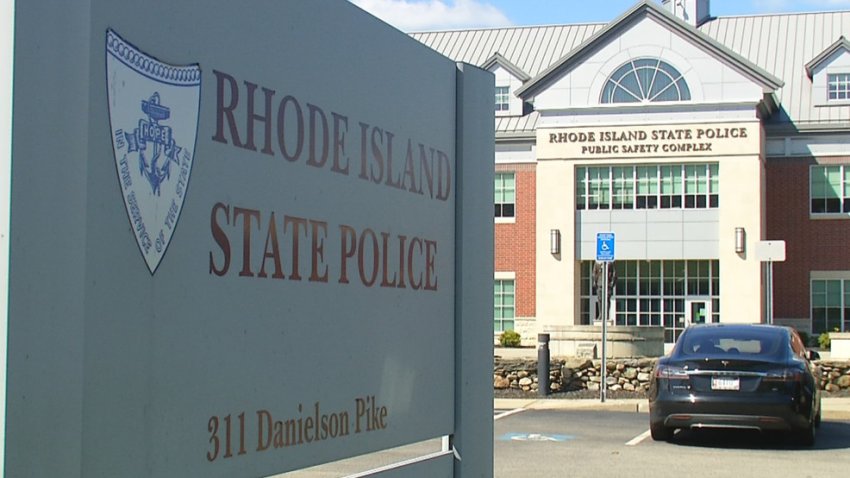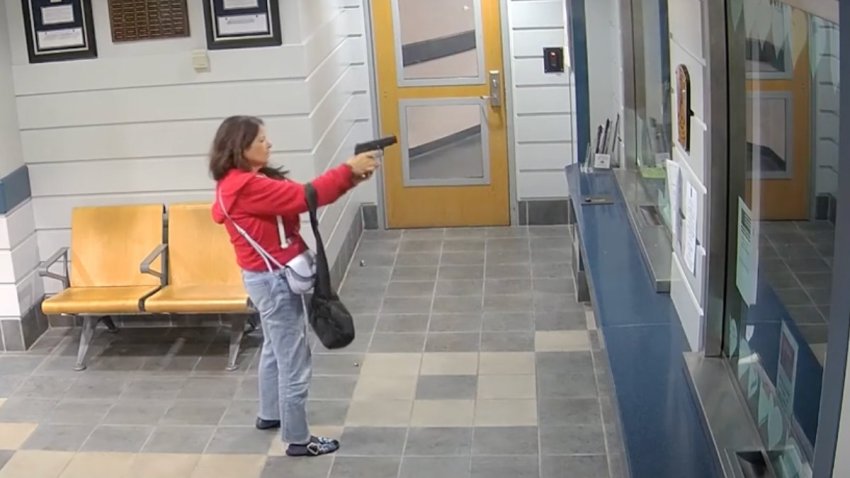

The Latest
-

Will Patriots draft another QB? Exploring best fits in 2025 Draft
Will the Patriots take a late-round flyer on a quarterback after trading Joe Milton? Phil Perry examines the team’s QB options in the 2025 NFL Draft.
-

MLB power rankings roundup: Where Red Sox stand after streaky start
Here’s where the Red Sox stand in national MLB power rankings after their first 11 games.
-

Landry explains why Vrabel was huge reason for signing with Patriots
Harold Landry details why Mike Vrabel’s presence made the Patriots an attractive free agent destination.
-

What Pritchard told Jaylen about choosing Converse shoe deal over 741s
Payton Pritchard kept it real with Jaylen Brown while explaining why he signed a shoe deal with Converse despite supporting the Celtics star’s 741 shoes.
-

When will we see an end to these gloomy skies? Expect a short break soon
As we move through this Tuesday, a cold front will push east of Boston, taking any remaining showers with it. The front will also usher in some very windy conditions for the rest of the day.
-

2025 NFL mock draft roundup: Latest first-round Patriots predictions
Experts give their latest predictions for what the Patriots should do with the No. 4 pick in the 2025 NFL Draft.
-

2 electrical workers injured in Belmont
Two electrical workers were injured Tuesday while working outside Belmont High School, fire officials said.
-

2025 NBA mock draft: Celtics get Florida star in ESPN's predictions
Could the Celtics take Florida star Walter Clayton Jr. in the first round of the 2025 NBA Draft? Al Horford seems to be a huge fan.
-

Federal judge in Vt. denies request to order release of Tufts student detained by ICE
A federal judge in Vermont has denied a request to order Immigration and Customs Enforcement to release detained Tufts University student Rumeysa Ozturk, saying questions of jurisdiction must first be addressed.









